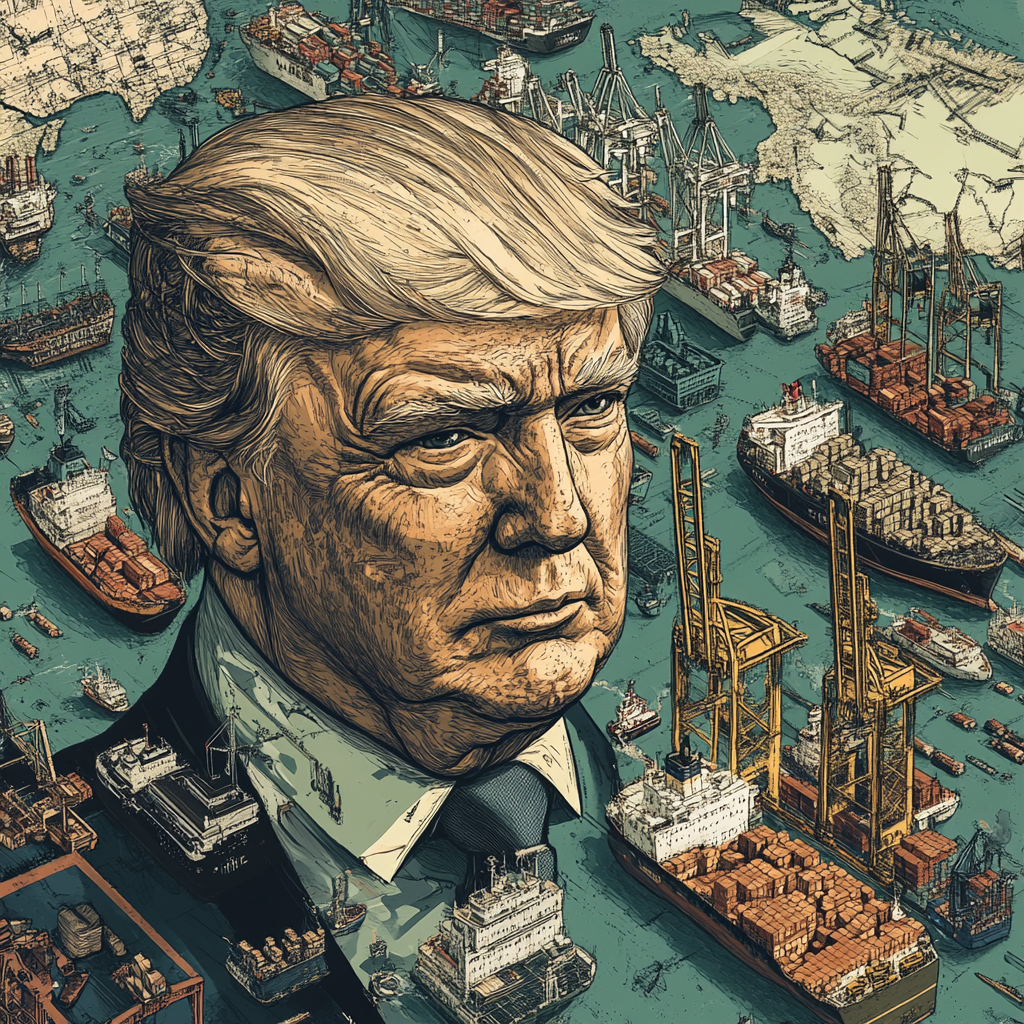
The Destructive Impact of Tariffs on Global Economies: Why Free Trade and Deregulation Lead to Prosperity
Throughout history, nations have used tariffs to protect domestic industries, raise government revenue, or retaliate against foreign competitors. Yet, while tariffs may serve short-term political or economic interests, their long-term consequences are overwhelmingly negative. They function as hidden taxes on consumers, disrupt the natural efficiency of supply chains, and escalate into destructive trade wars that leave all parties worse off.

Building a New Silk Road: Why the Ross Ulbricht Pardon Matters for Libertarians
“See if you look at the drug war from a purely economic point of view, the role of the government is to protect the drug cartel. That’s literally true”

Human Action at 75: Von Mises’ Magnum Opus Still Remains Relevant
Human Action: A Treatise on Economics by Austrian School economist Ludwig von Mises marks its 75th anniversary this year and deserves to remain a classic alongside Adam Smith’s An Inquiry into the Causes and Nature of the Wealth of Nations.

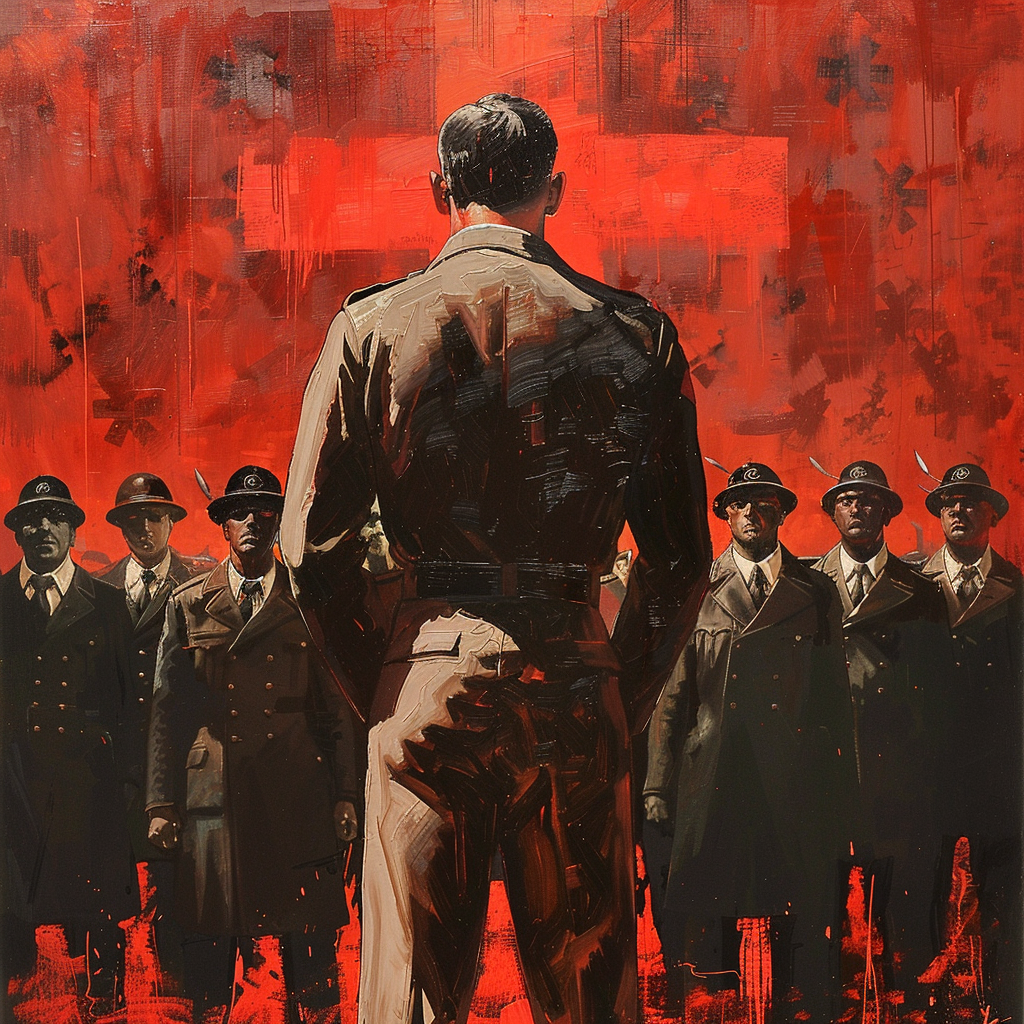
CAPITALISM VS CORPORATISM, STATISM, AND CRONYISM
In the 21st century, we have many misunderstandings about capitalism. Especially among the left, which equates everything that is not socialism with capitalism. So, too, it is necessary to say what capitalism is and what differences it shares with popular systems in our and slightly earlier times.

Don’t Shoot the Messenger: Why the Assange Plea Deal Matters for Libertarians
“When exposing a crime is treated as committing a crime, you are ruled by criminals”. The ironic quote by NSA whistleblower Edward Snowden brings to light the great challenges of our time in an age of mass surveillance and endless war. When the truth is classified, no one is safe. June 25, 2024, marks a pivotal day in the history of press freedom worldwide. Whistleblower Julian Assange is now allowed to return to his native Australia after being held in confinement for fourteen years instead of facing extradition to the US. He was allowed a plea deal with the US Department of Justice after agreeing to a single count of violation of the Espionage Act for conspiring to illegally obtain and publish classified information related to national security. This deal ended a long legal battle between him and the federal authorities. The freedom of Julian Assange from prison marks a great victory for the libertarian movement with its emphasis on press freedom, privacy, civil liberties, and freedom of speech.
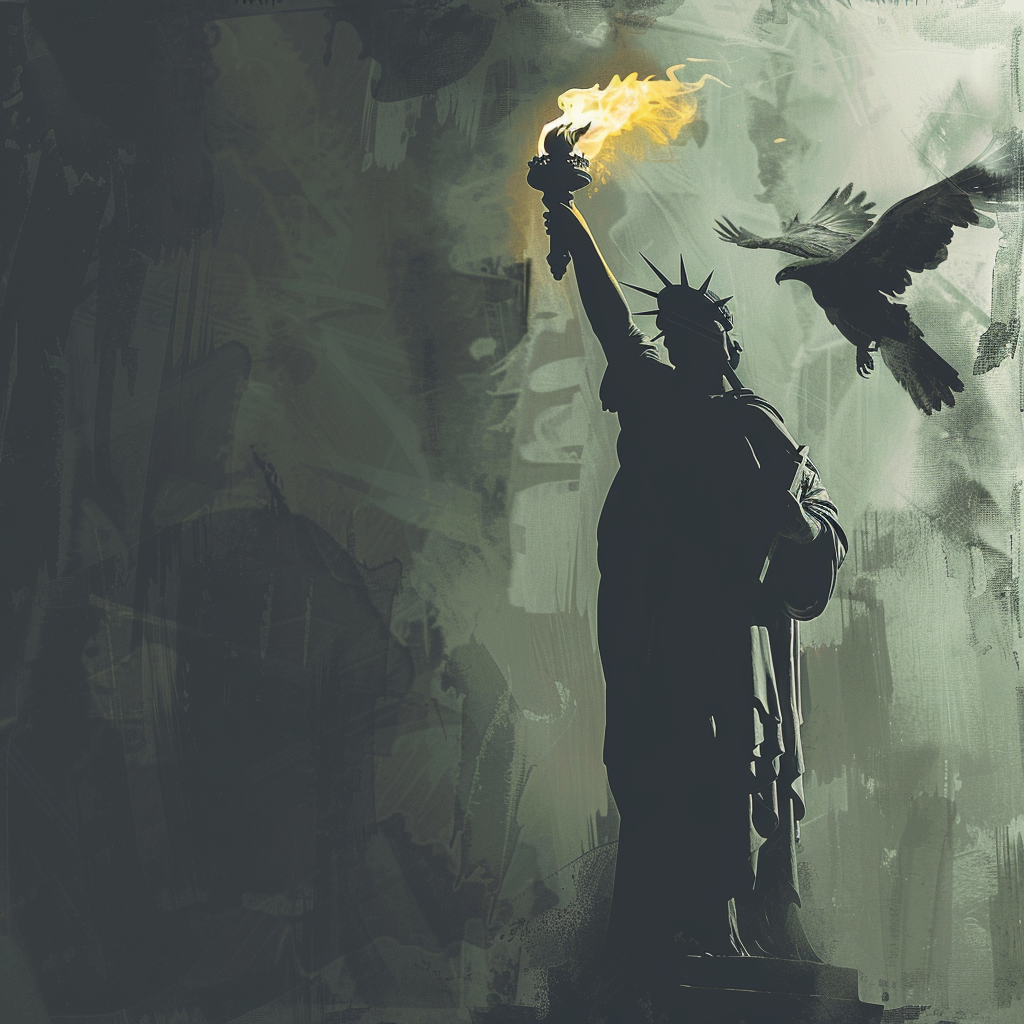
Becoming Ungovernable: How the 2024 Libertarian National Convention Changed the American Mind
The Libertarian National Convention hosted during Memorial Day weekend in Washington DC challenged America’s expectations in many ways. When millions of Americans are choosing between two unpopular authoritarian candidates in what the media is calling a critical election cycle, there seems to be no viable alternatives. Around a thousand delegates gathered at the Washington Hilton hotel to vote for their presidential candidate and debate on the issues for three days of momentous events which changed our expectations. The theme was headlined as Become Ungovernable, a fitting reference to the anarchic and unpredictable spirit of the libertarian movement. The many happenings of the convention have significant implications with powerful lessons for the future of the party.

The Road to Serfdom at 80: Still an Enduring Libertarian Classic
The Road to Serfdom by F. A. Hayek remains a popular text because of its vital lessons about economics, government, and individual freedom, the text warned that government intervention can easily overstep its bounds and erode the principles of a free society.
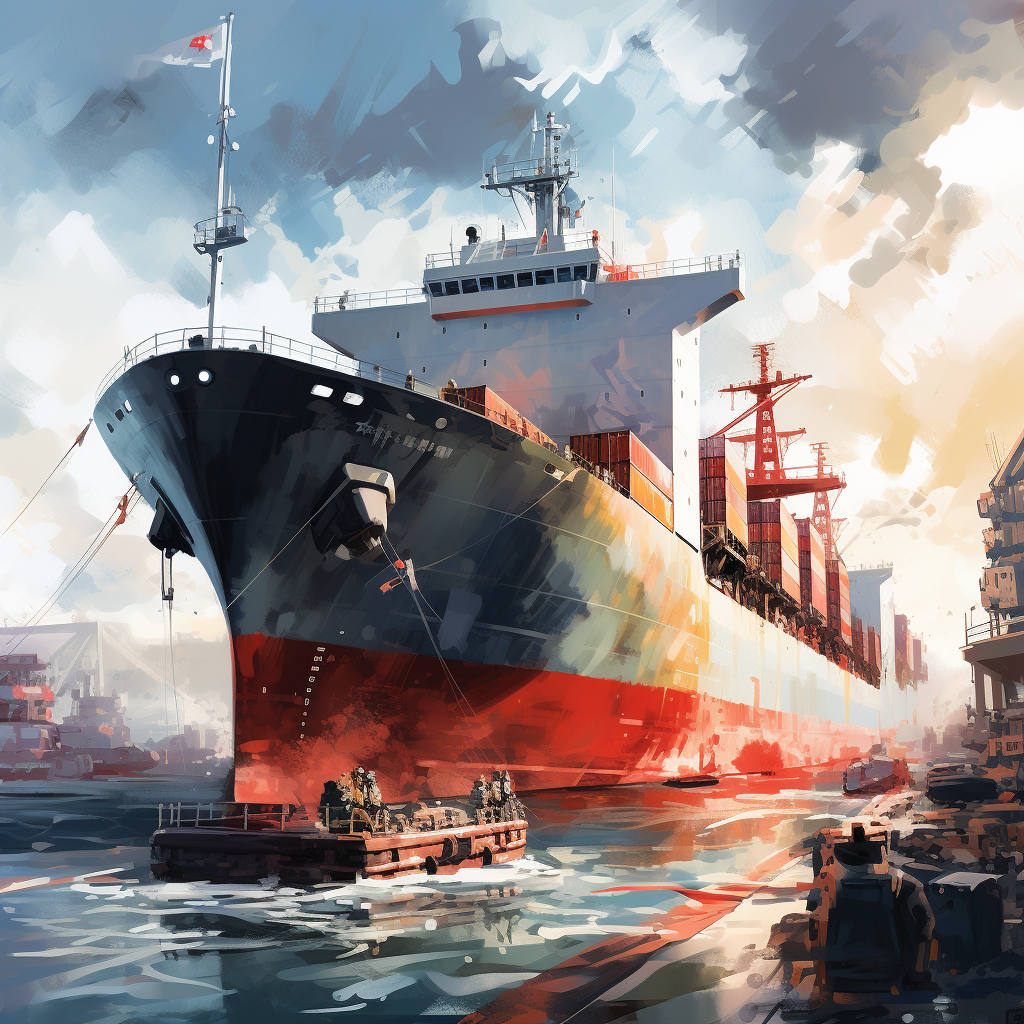
Empowering Civilian Ships: The Case for Self-Defense Measures in the Face of Rising Maritime Threats
In the vast expanse of international waters, the recent crescendo of attacks perpetrated by the Yemeni Houthi rebels against civilian ships traversing the Red Sea has cast a foreboding shadow over the seascape. This unsettling series of incidents, unfolding as recently as December 2023, punctuates a disconcerting reality: the vulnerability of commercial vessels to a spectrum of threats, from hijackings and anti-ship missile strikes to drone attacks. Against this backdrop, the imperative for civilian ships to be equipped with means of self-defense—ranging from conventional firearms to cutting-edge laser and other weapon systems—demands a thorough exploration.

Innovations and Market Solutions: The Unseen Hand of Environmental Progress
The free market, a cornerstone of Libertarian thought, thrives on innovation and competition. It is within this arena that solutions to many of our environmental challenges have spontaneously emerged. For instance, the advancement in renewable energy technologies such as solar panels and wind turbines has been remarkable. Not only have these technologies become more efficient, but they have also become more affordable, not primarily due to government action, but due to companies competing to provide better and cheaper alternatives to fossil fuels.

Iran's Morality Police: A Stark Warning on the Perils of State-Imposed Morality
Globally, as societies evolve and gravitate towards progressive values, the presence of governing bodies like Iran's morality police feels starkly out of place. These aren't just officials carrying out their duty; they are the embodiment of a system where government extends its reach deep into personal choices and freedoms. For those who value the principles of libertarianism, the morality police serve as a distressing exemplar of the danger of excessive government intervention.

The Rohingya Genocide: A Cautionary Tale of Government Oppression and Global Inaction
In the corridors of history, where tales of human triumph and resilience often shine, lurk the darker stories of oppression, discrimination, and unchecked power. The Rohingya genocide in Myanmar is one such somber narrative, and it is essential for proponents of freedom and individual rights, especially libertarians, to understand its implications.
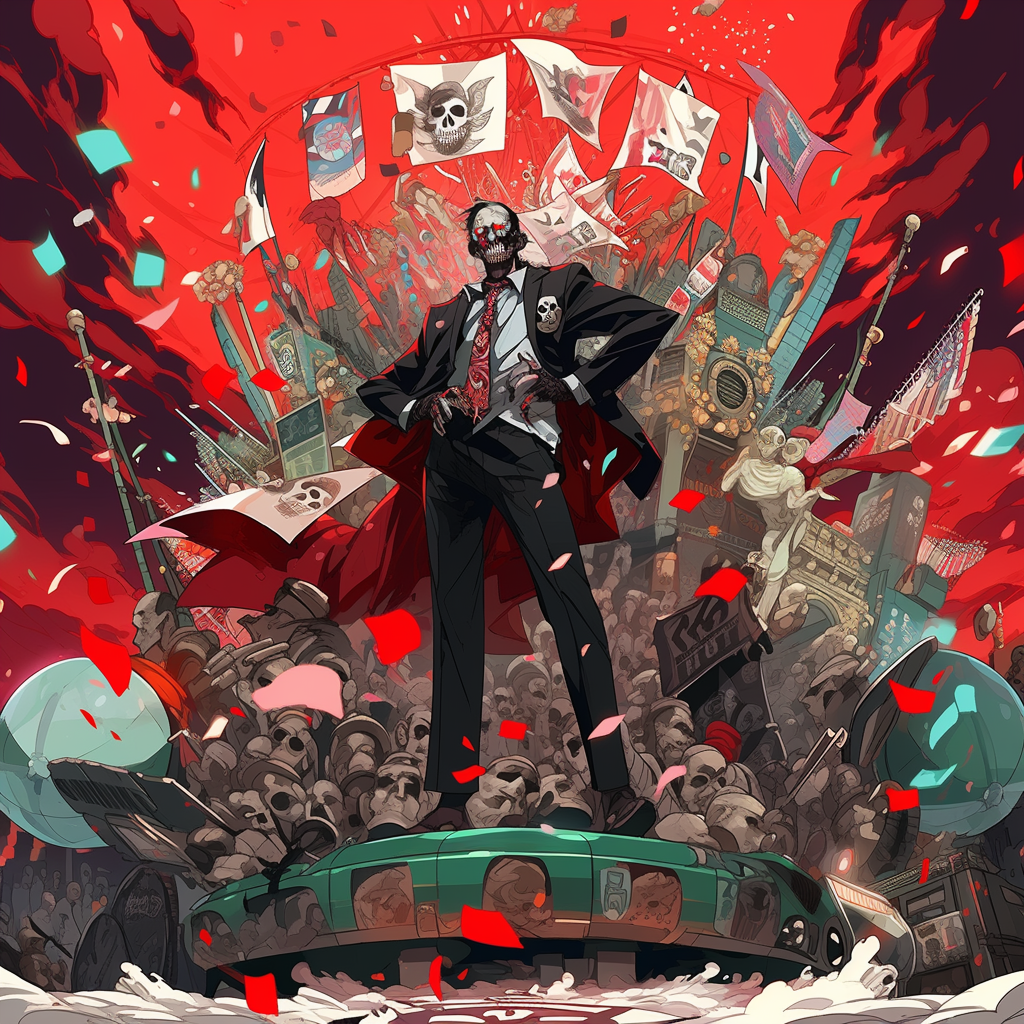
Masters of War: The Ruling Class and Their Profitable Conflicts
From the earliest chronicles of civilization to our intricate geopolitical present, wars have been pivotal in crafting the trajectory of societies. But amidst the cacophony of battle cries and ideological fervor, there’s an often-overlooked pattern: the disproportionate windfalls these conflicts afford to the ruling elite, juxtaposed against the dire ramifications borne by ordinary citizens.

Unraveling the Crisis: How Government Policies Fueled the GFC
Anyone who’s investigated free market economics has heard it before: “The free market fails! Just look at the Global Financial Crisis! We need government intervention!” For over a decade, the government, mainstream economists, and the media have all pushed the narrative that problems with the free market caused an inflated housing bubble, whose inevitable bursting almost crippled the world economy. I’m here to challenge that. The truth is, the ticking time bomb of interest rates was planted in the early 2000s.

The Role of Private Security vs. State Enforcement
Private-law/Anarcho-Capitalist societies believe in the Non-Aggression Principle (NAP). This claims that aggression against an individual or their property is illegitimate. It advocates for resolving conflicts through dialogue and reason rather than resorting to violence. The idea emphasizes that argumentation is founded on the principle of exchanging ideas while avoiding physical force or intimidation.

The 2020-2023 Coup Wave in French Africa: A Libertarian Perspective
Since 2020, Africa, particularly West Africa, has experienced coups in Mali, Guinea, Burkina Faso, Niger, and, most recently, Gabon

The Case Against Taxation
Taxation is a significant part of most nations' financial structures. The principle underlying taxation is that it's a necessary tool for the government to fund public goods and services, from education to healthcare and defence to infrastructure. However, some critics, particularly in libertarian circles, argue against this traditional view. They posit that taxation is not only morally questionable but that private and voluntary action could offer a more effective solution.